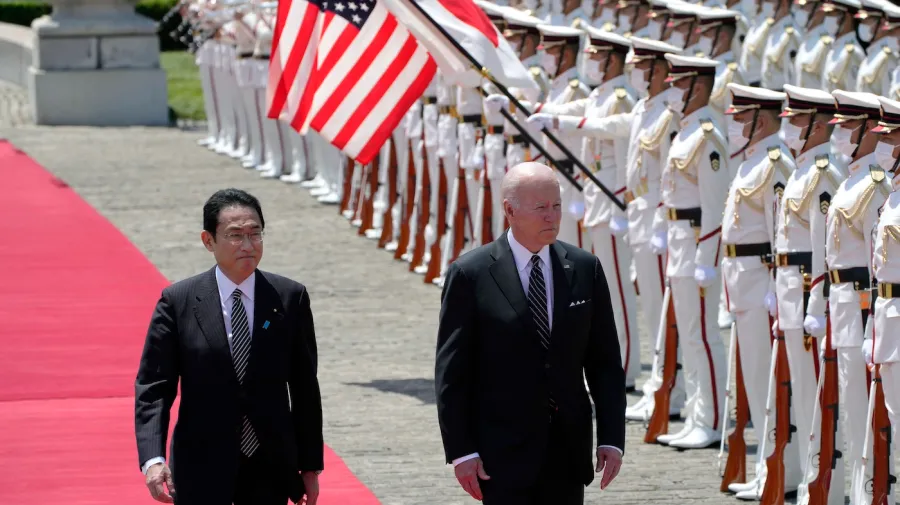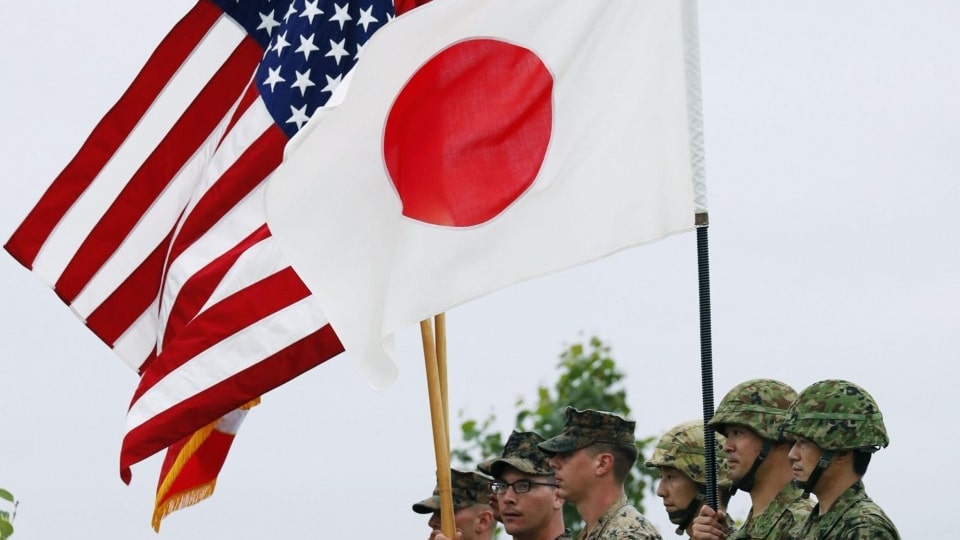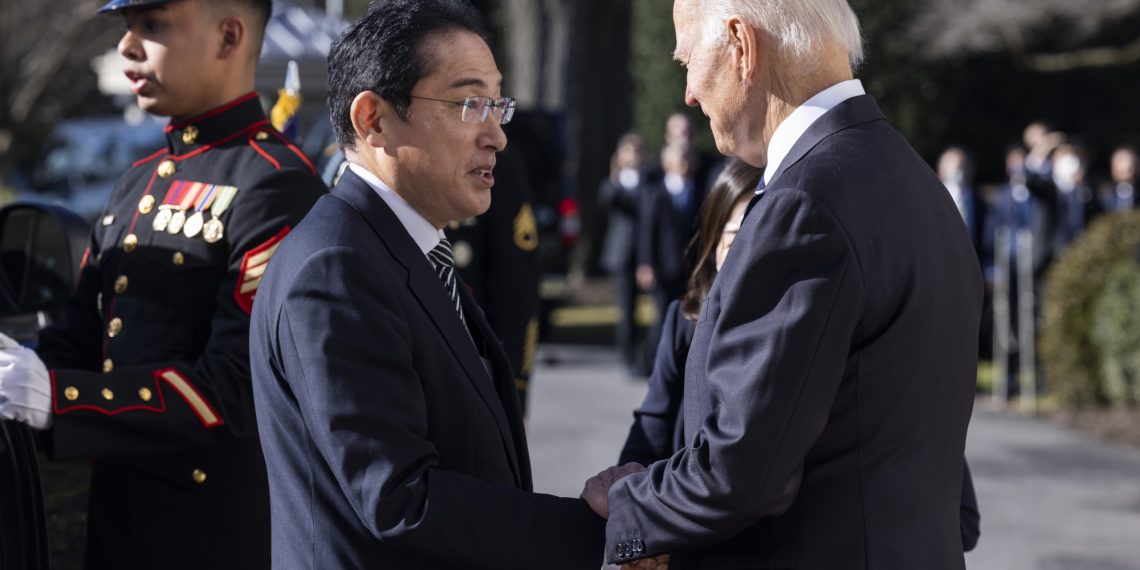Japanese Prime Minister Fumio Kishida and U.S. President Joe Biden revealed a suite of agreements aimed at strengthening security and economic ties during their meeting at the White House.
The plans included upgrades to the military alliance, such as enhancing the U.S. military command in Japan and increasing joint development of defense equipment.
A joint summit statement outlined the establishment of new military command-and-control frameworks to enhance interoperability and planning during both peacetime and contingencies.

The leaders announced intentions to upgrade defense communications networks and coordinate air defense capabilities with Australia to counter air and missile threats.
The defense plans also involve establishing a forum to identify opportunities for co-development and co-production of missiles, as well as maintenance of U.S. warships and aircraft. Furthermore, a working group will be formed for fighter pilot training, incorporating advanced technologies like artificial intelligence and simulators.
Biden’s discussions with Kishida touched upon Japan’s potential participation in advanced capabilities projects under the AUKUS security pact, formed by the U.S., Britain, and Australia in 2021 to counter China’s increasing influence.
The joint statement highlighted concerns about China’s actions in the South China Sea, hinting at potential joint patrols in the region.
In addition to military cooperation, the two countries announced joint efforts in technological innovation. Microsoft revealed plans to invest $2.9 billion in expanding its cloud and AI infrastructure in Japan, while four universities will collaborate on artificial intelligence research funded by private sector investments.

Japan’s aspiration to land its first astronaut on the moon under the U.S. Artemis project was also discussed, with a shared goal for a Japanese national to be the first non-American to set foot on the lunar surface.
A joint partnership was announced to accelerate the development and commercialization of nuclear fusion, aiming to address energy challenges with carbon-free electricity.
Innovative projects like sustainable aviation fuel and a potential bullet train project in Texas, utilizing Japanese technology, were also on the agenda, showcasing the breadth of collaboration between the two nations in various sectors.




